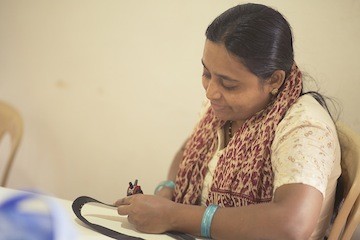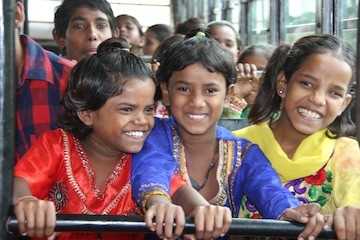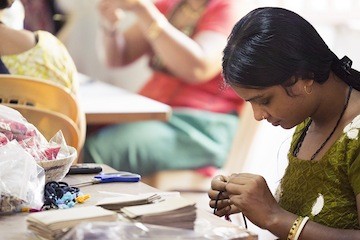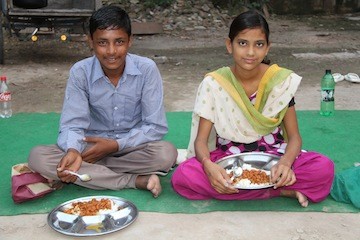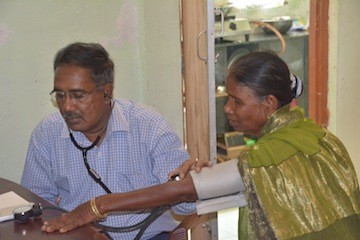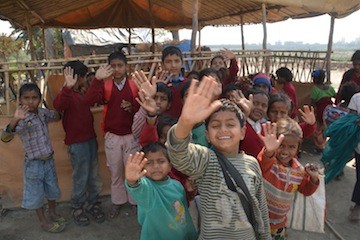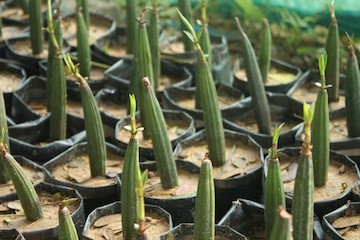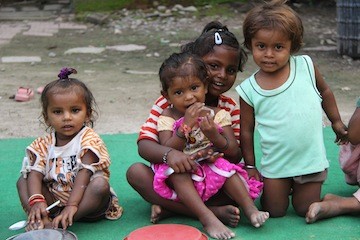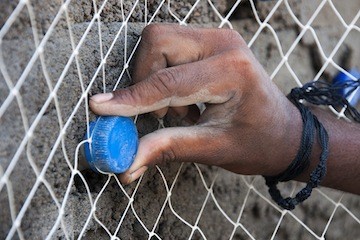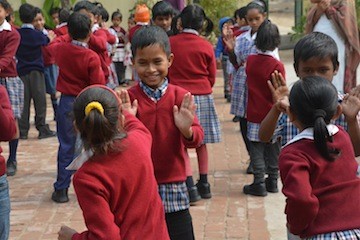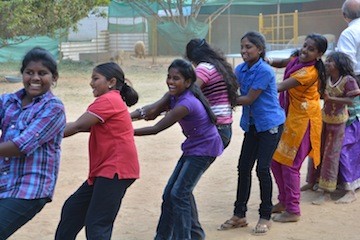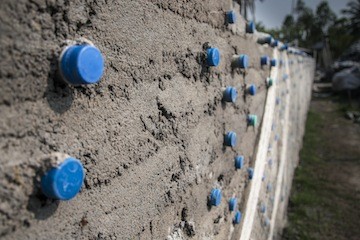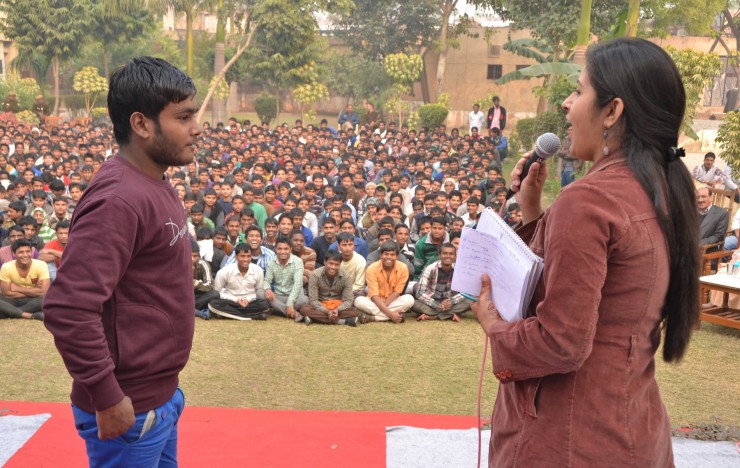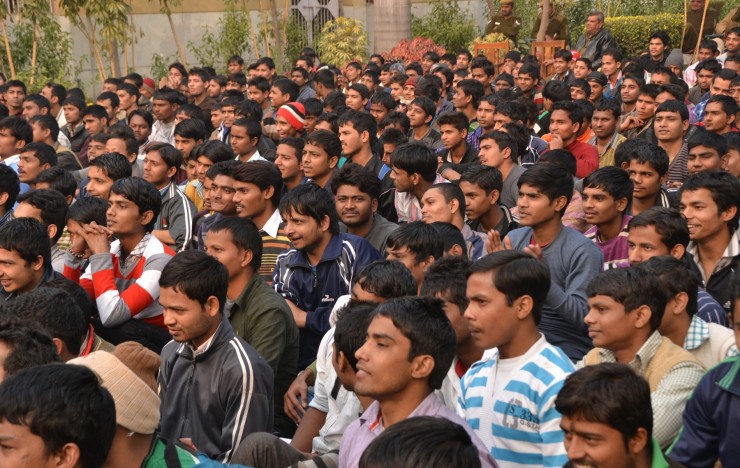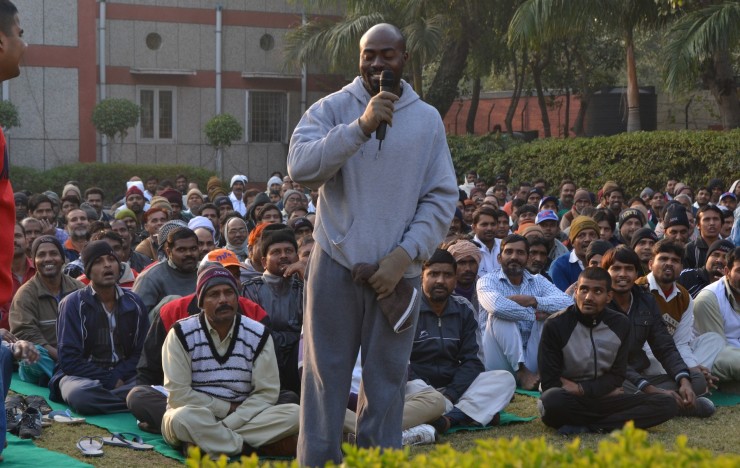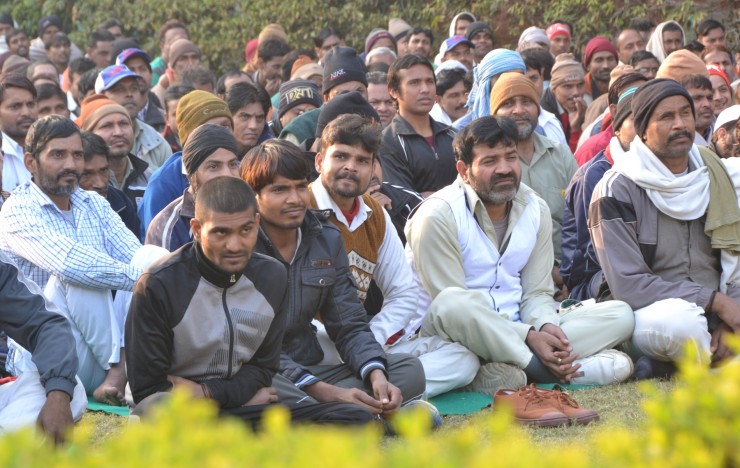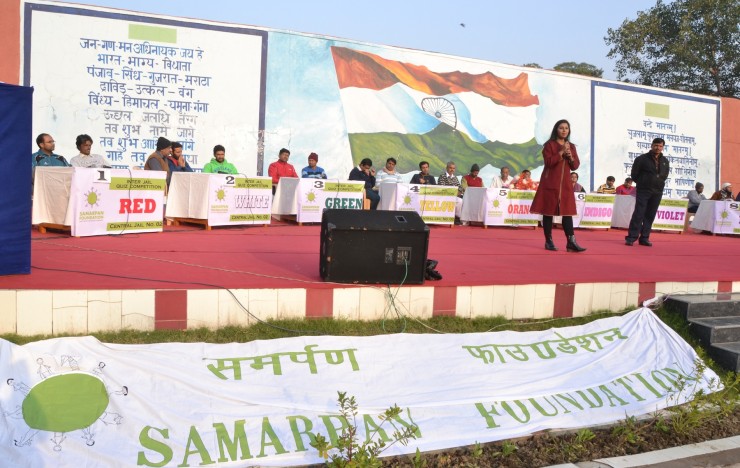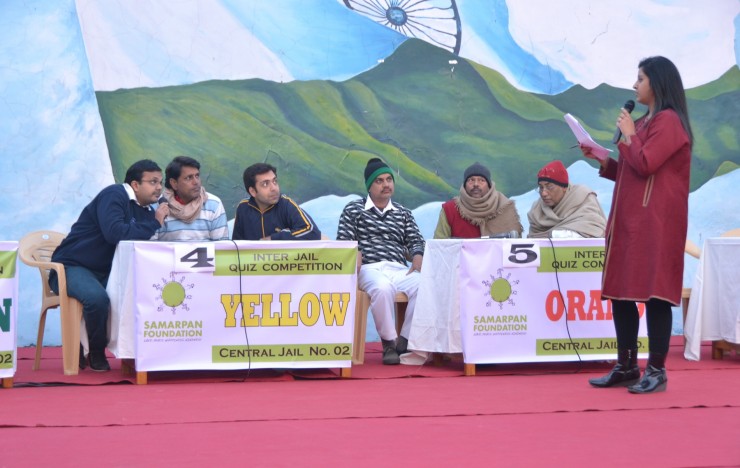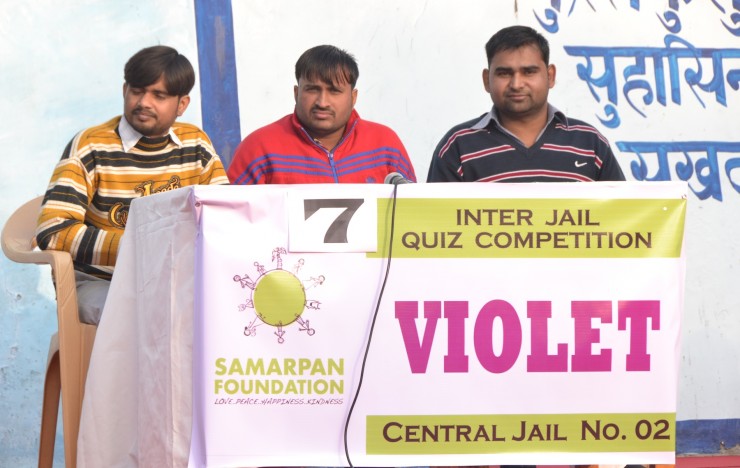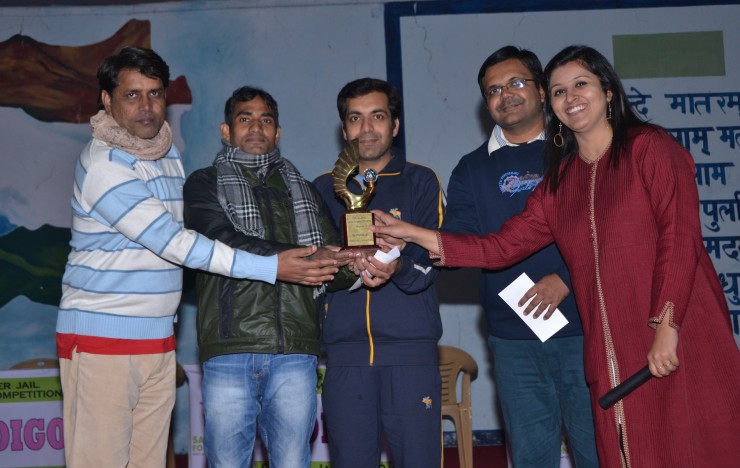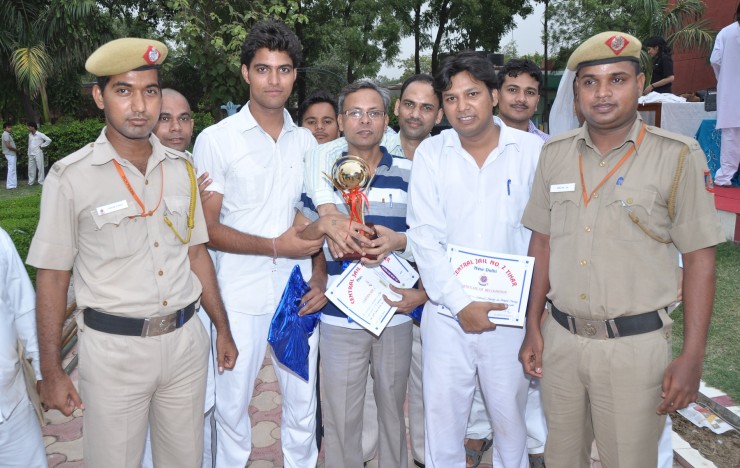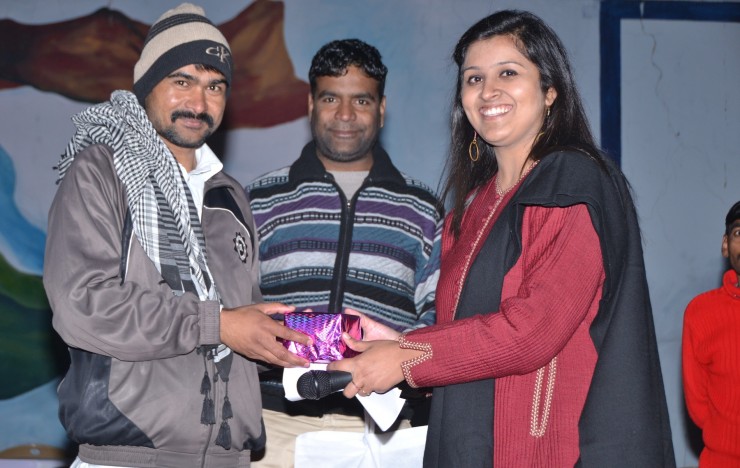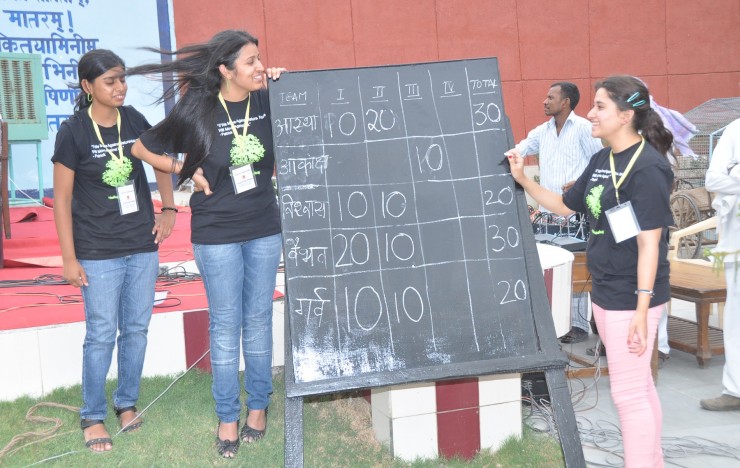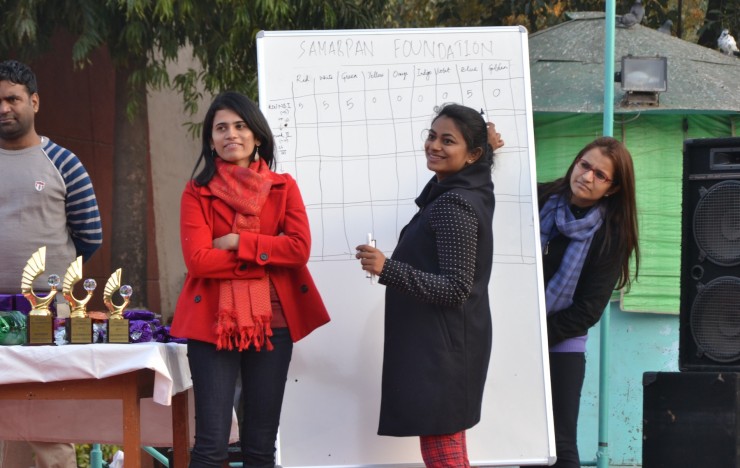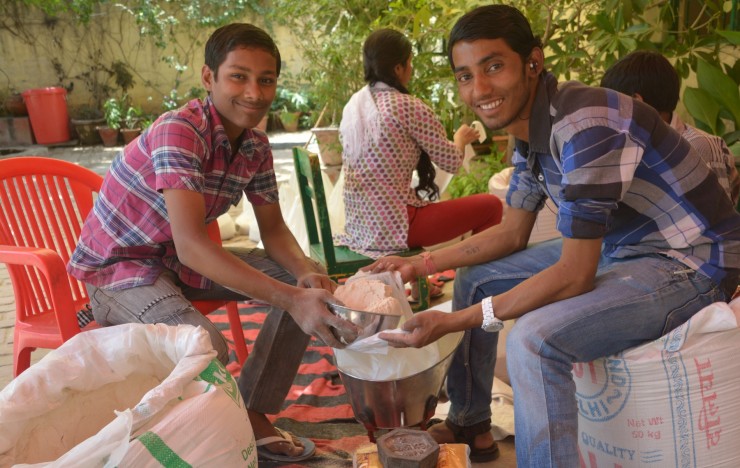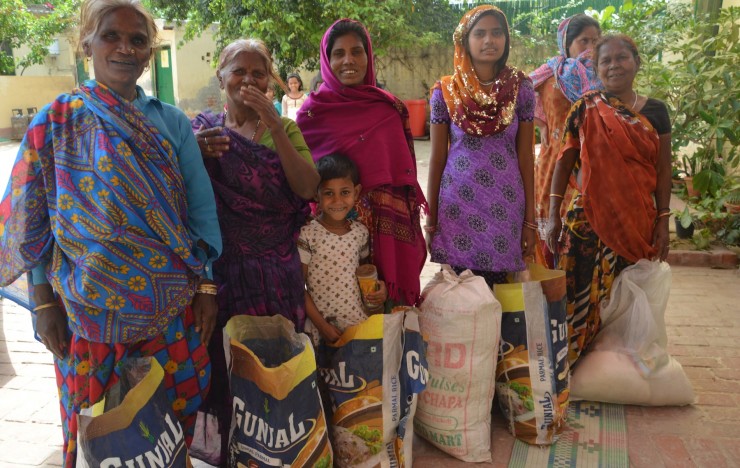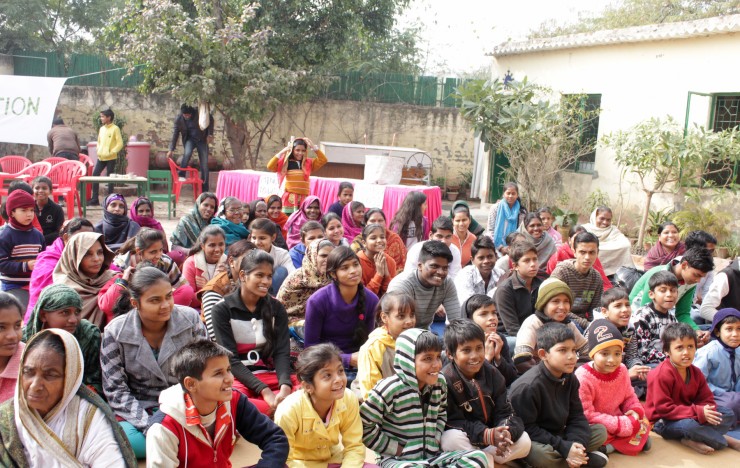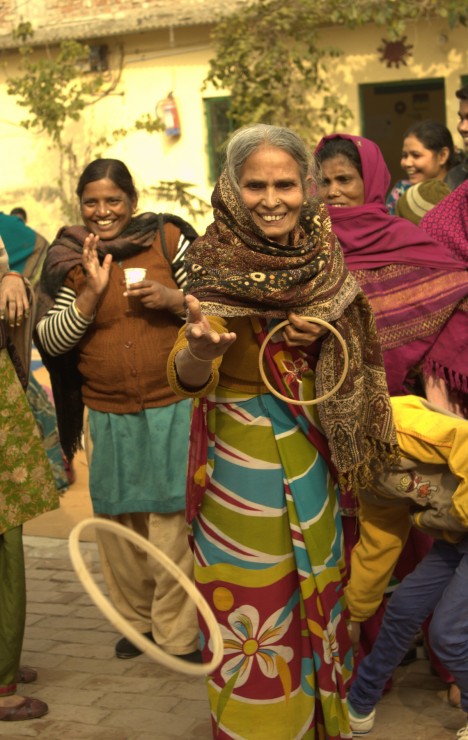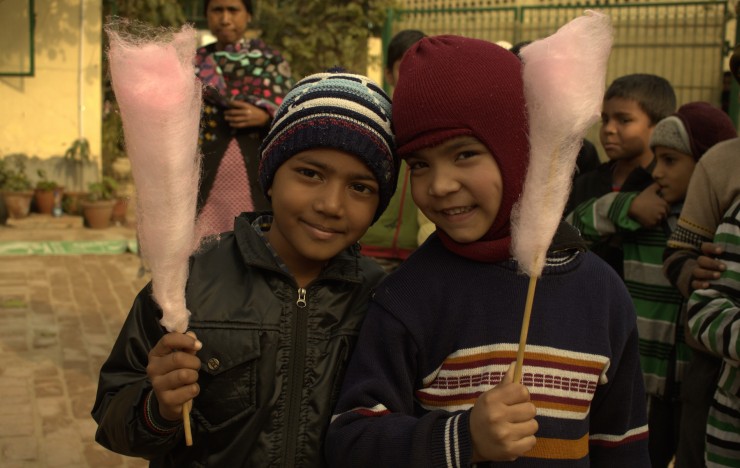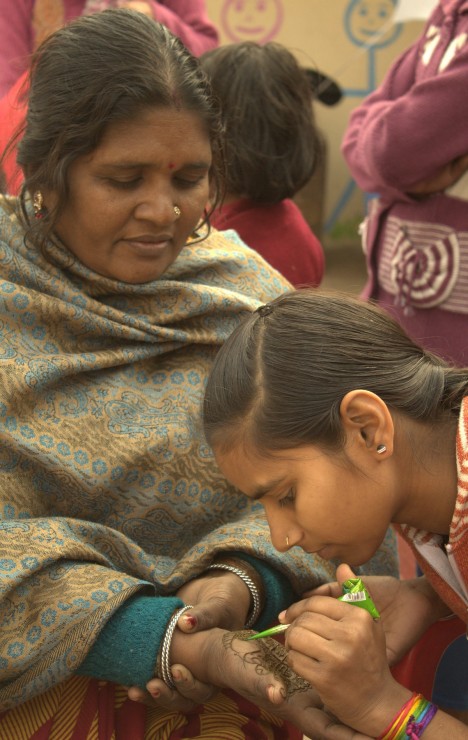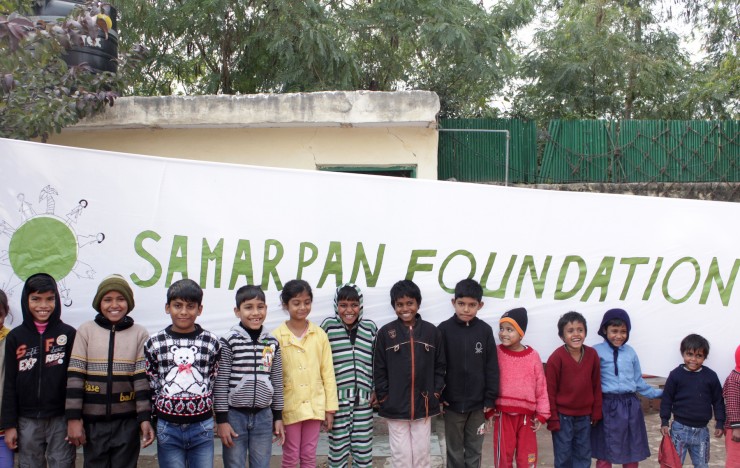Injustice of Justice: Tihar Jail
Development - New Delhi
Tihar Jail, Tihar Village
Why
- When a family’s breadwinner is incarcerated, his or her family suffers, innocent victims in the course of justice. For survival, these families often turn to petty theft and crime. It is this ‘injustice of justice’, along with the plight of inmates, that Samarpan Foundation is striving to address: the prevention of this circle of crime.
- Delhi Prisons is comprised of Tihar Jail (nine central prisons) and Rohini Prison Complex (one district prison). Tihar Jail is India’s highest security facility and the largest prison complex in South Asia. The 10 prisons house around 14 000 prisoners, although the sanctioned capacity is 6250. Three-quarters of those incarcerated are awaiting trial, and many of them remain in the justice system for years before their innocence or guilt is determined.
- Statistics show a link between criminality, poverty and lack of education. The majority of prisoners hail from economically disadvantaged backgrounds and there is a high rate of illiteracy. They face a life of poverty and crime in the communities to which they are returned.
- Providing monthly food parcels for the families of inmates and disadvantaged families is the first step in showing them that someone genuinely cares for them. Having gained their confidence, we start motivating them to educate their children. Support is provided for the children’s education by funding school and tuition fees and monitoring their progress through constant interaction with the students and their teachers. The individual needs of the families are taken care of until they are independent; for example, by providing skills training to the women and paying their house rent if need be.
- Working over a period of months with the families of inmates enables us to build bridges with the inmates themselves. This trust forms the foundation on which inmates are supported with skills training to enable them to lead honest lives upon release.
Programme for prisoners
- Jail No. 2, the convict prison, has been focused on for the past 5 years.
- In 2014, the programme was extended to Jails No. 3, 4 and 7.
- Weekly counselling and healing for inmates is offered.
- Psychological and specialised medical care, such as eye clinics, are arranged.
- Talent spotting competitions and an annual inter-jail quiz are held.
- Assignments, such as painting, are given to provide a source of income.
- Skills development programmes are provided to empower inmates to earn an income after release.
Programme for prisoners’ families and disadvantaged families
- Support is provided for 100 families comprised of families of inmates and families where there is no breadwinner, or the breadwinner is no longer able to earn due to physical or other disabilities.
- Volunteers are a surrogate family and provide a support structure for the families, including nutritional, medical, financial, educational and emotional support.
- Families have become independent and have opened bank accounts and started to save.
- Education and vocational training has enabled potential breadwinners to gradually become self-sustaining and gain confidence to support their families.
- Children have benefited from improved education and extracurricular activities.
- Individualized needs are responded to; for example, by providing sewing machines as a potential source of income as well as clothing and household items.
- Functions are organized and festivals and special events are celebrated with the families.


